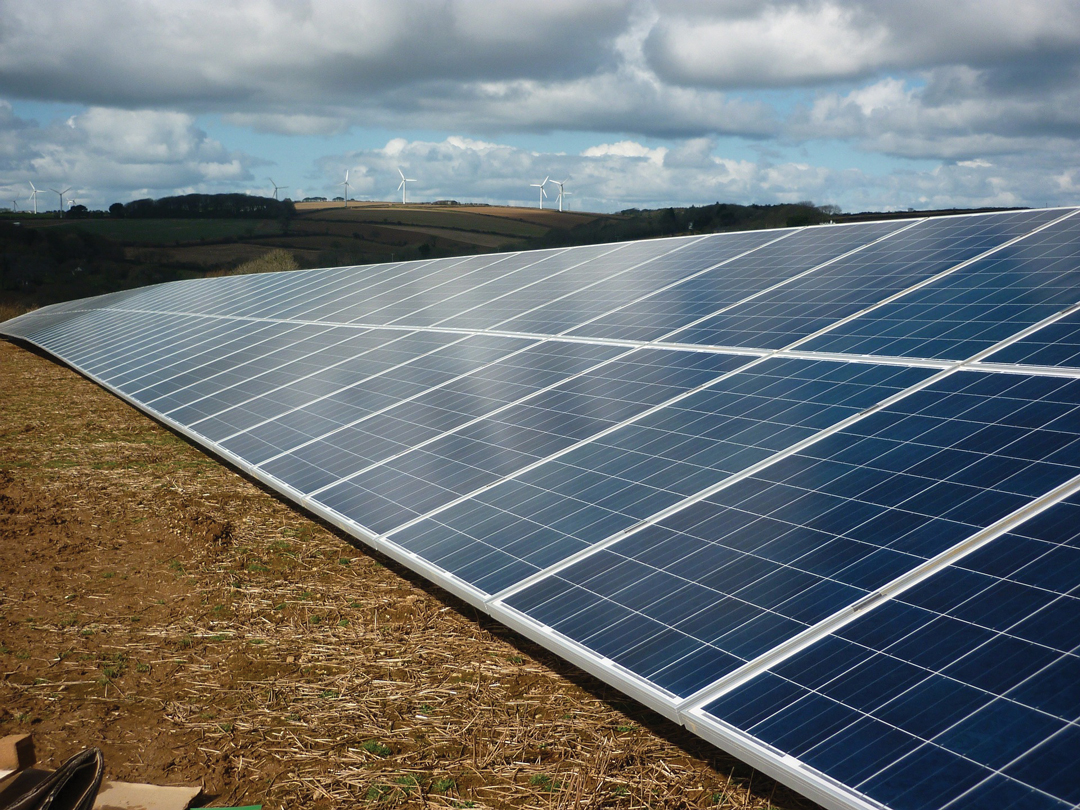BANKING ON CHANGE
BY EMILY R. JOHNSON • PHOTO: PIXABAY
A new program aimed at Canada’s agriculture sector can help prepare farms for the impacts of climate change and global demand for reduction of carbon emissions. BMO is Canada’s first large-scale financial institution to introduce such a program.
In April 2023, the bank launched its $30 million Greener Future Financing program. The initiative is designed to help farmers access capital to make the investments needed to adapt their operations to withstand the effects of climate change and net-zero market demands.
The program has similarities to the Agricultural Clean Technology (ACT) Program included in the 2021 federal budget. Although ACT doesn’t offer financing, it offers farmers financial contributions to support the adoption of emission-reducing, on-farm technology under its Adoption Stream. Now closed to applications, projects are to be complete by March 2026. Its Research and Innovation Stream remains open to agri-food businesses and organizations as well as non-profit, co-operative and Indigenous groups.
Financing from the BMO program can take many forms. It can be put toward renewable energy initiatives focused on solar and geothermal energy. This might entail an upgrade to irrigation or other farm systems to make use of these renewable power sources. Loans may also cover energy projects such as the installation of an energy-efficient grain drying system, the use of smart meters, heat pumps and more. The implementation of sustainable land use management systems such as precision agriculture technology is also eligible.
The program offered financing of up to $2 million to all types of farmers countrywide with annual revenues of up to $10 million. Participants may receive guidance and advice on how the effects of climate change may impact their farms and the potential value of climate-related mitigation measures they may choose. Borrowers are potentially eligible for discounted lending rates of up to one per cent for implementation of climate resiliency initiatives.
While farmers are no strangers to climate adaptation, BMO has offered green-focused loans to a broad range of industries since 2019 and created its Climate Ambition strategy in 2021. The Greener Future Financing program is part of this broader climate-focused strategy, said Mike Bonner, BMO head of Canadian business banking. “BMO’s Climate Ambition is to be our clients’ lead partner in the transition to a net-zero world. This program is a significant step on the road to delivering on that ambition.”
It’s BMO’s hope, he said, that the Greener Future Financing program will “further deepen our relationship with our agriculture clients by supporting their efforts to make meaningful emission reductions and/or build climate resilience into their operations.” BMO is “committed to building a sustainable future and advancing a path towards a net-zero world,” he added.
Public and private sector efforts related to on-farm technology are an important step toward increased efficiency in agricultural production, said Guillaume Lhermie, director of the Simpson Centre for Agricultural and Food Innovation and Public Education. “The Government of Canada already put [millions of dollars] into the Agricultural Clean Technology Program and having the bank sector [involved] is positive,” he said. “We need to come together to tackle climate change.”
The investment sector has a unique role to play when it comes to reporting risks associated with the adoption of agricultural technology in the face of climate change, he added.







Comments